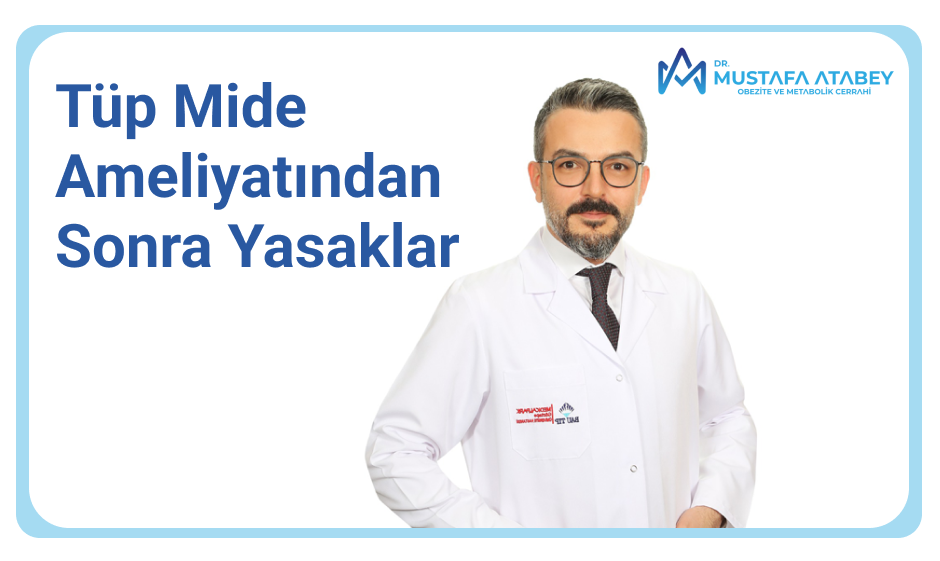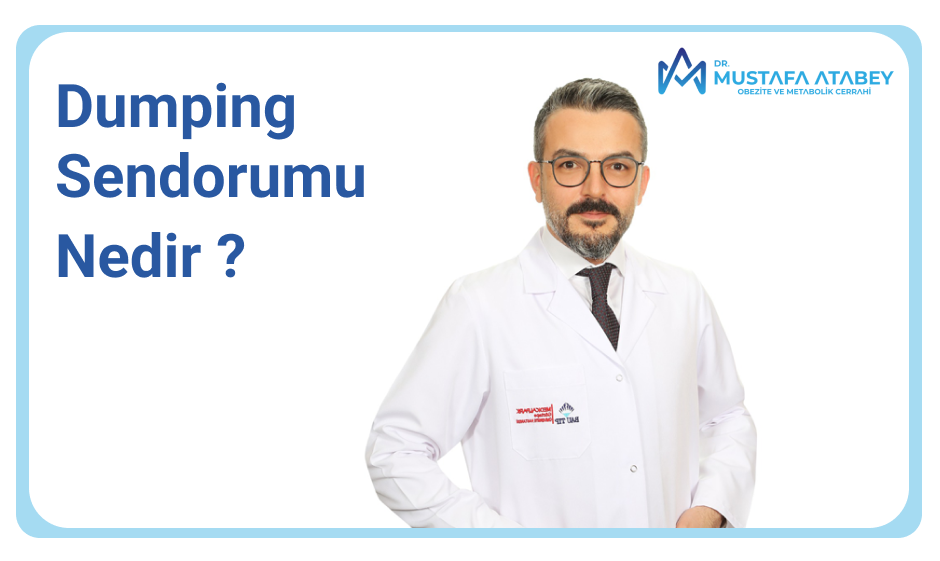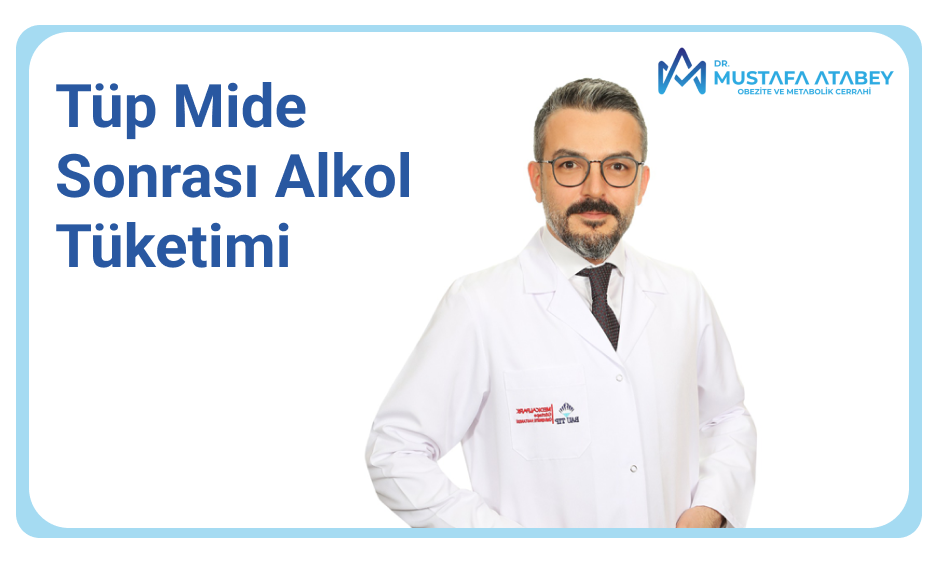Working Hours
| Mon | 08:00 - 18:00 |
| Tues | 08:00 - 18:00 |
| Wed | 08:00 - 18:00 |
| Thurs | 08:00 - 18:00 |
| Fri | 08:00 - 18:00 |
| Sat | Closed |
| Sun | Closed |
Send Message
Contact Information
VM Medical Park Maltepe Hastanesi Cevizli, Bağdat Cd. No:547, 34846 Maltepe/İstanbul
Working Hours
-
Mon:
08:00 - 18:00
Tues: 08:00 - 18:00
Wed: 08:00 - 18:00
Thurs: 08:00 - 18:00
Fri: 08:00 - 18:00
Sat: Closed
Sun: Closed
Contact Information
-
GSM: +905335506493
- info@mustafaatabey.com
Laparoscopic Colon and Rectum Cancer Treatment
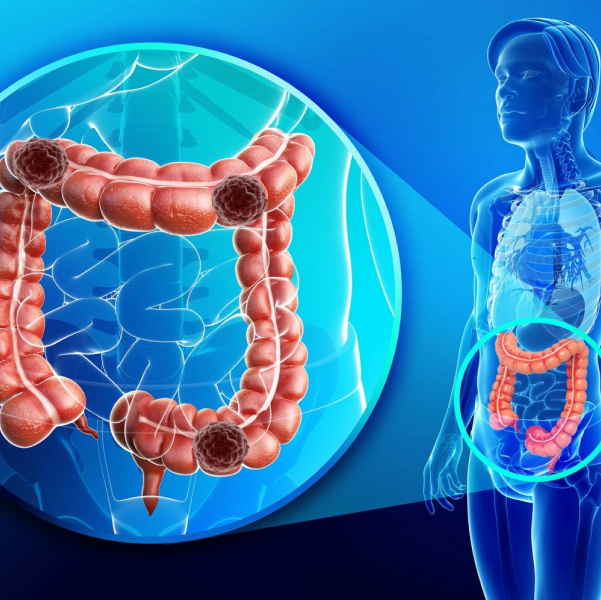
Laparoscopic Colon and Rectal Cancer Treatment
Colon and rectal cancer it is a very important type of cancer in terms of its very frequent occurrence and the loss of life of a large number of people in the world. It causes about 1 million people to lose their lives every year. The colon and rectum are part of the digestive system. The colon, popularly known as the large intestine, is an organ about 1.5 meters long that comes Decently after the small intestine. The rectum, on the other hand, is the last part of the colon with a length of 15 cm.
Rectal cancer, it is caused by polyps located here. The cells here multiply rapidly and uncontrollably, spreading around the colon. Since it usually spreads quietly, it may be late to notice it. If not diagnosed early, it can spread to the liver, lungs, brain, abdominal membrane and other organs.
Symptoms of Rectal Cancer
It is possible for patients diagnosed with colon cancer early to be completely cured. For this reason, it would be the right behavior for people with a family history of colon cancer to go to check-ups at regular intervals. Colon cancer symptoms can be listed as follows;
- Constant diarrhea or constipation
- The appearance of blood in the stool or later
- An image like egg white in feces
- Change of smell
- Bloating
- Severe pain in the abdominal area
- Causeless weight losses
Symptoms of rectal cancer it is vital that people who have it go to the doctor without wasting time.
Rectal Cancer Risk Factors
Rectal cancer is observed on average at the age of 60 and older. Some factors such as people who consume excessive alcohol and smoking, eating fatty and abundant carbohydrates, consuming red meat too much, and a life without sports may play a role in the formation of colon cancer. Also, factors such as a family history of colon cancer, presence of polyps in the intestines, certain diseases such as ulcerative colitis or Crohn's disease, and a history of breast or uterine cancer in women increase the risk factor for colon cancer. Eating a healthy and balanced diet, consuming plenty of vegetables and fruits, avoiding excessive consumption of carbohydrates and packaged foods as much as possible helps to reduce the risk of colon cancer.
Methods of Diagnosis and Treatment of Rectal Cancer
Rectal cancer when making a diagnosis; methods such as colonoscopy, examination of hidden blood in the stool, computed tomography are used. Although colonoscopy is a method that patients approach with hesitation, it is important for diagnosis. The patient is put on a medication and liquid nutrition diet for emptying the intestines a day before. The intestines of the patient who has emptied the intestines are entered by slightly inflating the intestines with a device with a camera at the end and it is determined whether there is a cancerous structure. Since this procedure is performed with mild anesthesia and pain reducing drugs, patients do not feel pain. If there is bleeding during the same work, it can be stopped, polyps can be cleaned or a biopsy sample can be taken.
In people who do not have any complaints or a family history of cancer, the first colonoscopy screening should be performed at the age of 50. For people with a family history of cancer, this age may be 40 years. Colonoscopy may be required at certain intervals, taking into account many conditions such as the genetic structure of the patients, their complaints, and the presence of polyps. These intervals are usually between 1 year and 10 years. For the treatment of colon and rectal cancers; radiotherapy, chemotherapy and surgical procedure methods are the most commonly used methods. Depending on the patient's condition and the stage of the disease, one or more of these methods are preferred.
Stages of Rectal Cancer
- Phase: This stage is the stage at which the earliest diagnosis is made. Cancer is located in the middle parts of the intestine. There is no spread to lymph nodes or other organs yet.
2.Phase: At this stage, the cancer has surrounded the entire intestine. It can also spread to neighboring organs. But it has not yet spread to distant organs.
3.Phase: At this stage, cancer also occurs in the lymph nodes.
4.Phase: This is the last and dangerous stage of cancer at this stage. At this stage, the cancer has spread to distant organs, organs such as the liver, lungs, brain and abdominal membrane.
Surgical procedure is applied as a treatment at all stages. In rectal cancer surgeries, only the part with cancerous cells can be removed, as well as the entire organ can be removed. Laparoscopic surgery is a method used in colon cancers. Since laparoscopic surgery is performed with small incisions from the part where the cancerous area is, it allows patients to recover quickly. In rectal cancer, the surgical procedure is performed not only in the intestine, but also in other organs that have spread. Metastases of rectal cancer the formed organs of the appropriate number and size are removed by surgical procedure. The 3rd one will be radiotherapy and the 4th phase will take place. Chemotherapy or radiation therapy can also be performed after surgery to prevent recurrence of rectal cancer. In recent years, with some drugs used, the life expectancy of patients has begun to be extended.
Nutrition After Rectal Cancer Surgery
In the first days after surgery for rectal cancer, it is recommended that patients have a soft and liquid diet. A little and frequent eating pattern should be established with foods that are easy to digest. Some foods such as meat and meat products containing additives, carbonated drinks, spicy and spicy foods should not be consumed. The nutrition list given by the doctor must be followed. Besides these;
- Consumption of shelled nuts prevents relapse of the disease.
- For this, 10 g of shelled nuts can be consumed daily.
- Milk, yogurt and cheese should be eaten.
- Excessive alcohol use should be avoided.
- Light bulbs or sunlight should be used for vitamin D.
- Fish consumption should be increased.
- A vegetable heavy diet style should be adopted.
Rectal cancer after surgery, patients are advised to pay attention to the consumption of healthy food and a balanced diet so that the cancer does not recur again. They can also raise their standard of living by making sports and exercise a part of life.
Frequently Asked Questions About Rectal Colon Cancer
How many hours does rectal cancer surgery take?
Rectal cancer surgery takes 2 to 4 hours depending on the patient's condition. In very serious cases, it may also take longer.
How should nutrition be after rectal cancer?
After surgery, patients should consume foods that are easy to digest and soft. Consumption of quality fats and a balanced diet style should be adopted. Packaged and ready made foods should be avoided.
What is the mortality rate of rectal cancer?
According to scientific studies conducted around the world, the one-year survival rate for rectal cancer is %83, and the five-year survival rate is %65.
Rectal cancer 4th how long does the stage live?
The life expectancy of stage 4 cancer patients, which is related to the recent developments, is to spend between one year and three years.
What are the symptoms of rectal cancer recurrence?
Rectal cancer is a disease that can recur. Some symptoms may be observed, such as bloody defecation.
What is the life expectancy of rectal cancer stage 3?
According to studies, disease-free survival rates in low-risk patients range from 3 years to 5 years.
How many days do patients recover from rectal cancer surgery?
Patients with rectal cancer surgery recover in 7 to 14 days.
Are rectal and colon cancer the same thing?
Rectal cancer occurs in the last 15-20 cm of the large intestine, while colon cancer occurs in the first 1.5 meters of the large intestine.
Where does pain occur in rectal and colon cancer?
In cancers of the rectum and colon, pain occurs in the abdomen and in a severe form.
How old is rectal cancer seen in patients?
Although rectal cancer is usually seen in patients aged 40 years and older, it can rarely be seen in younger patients.
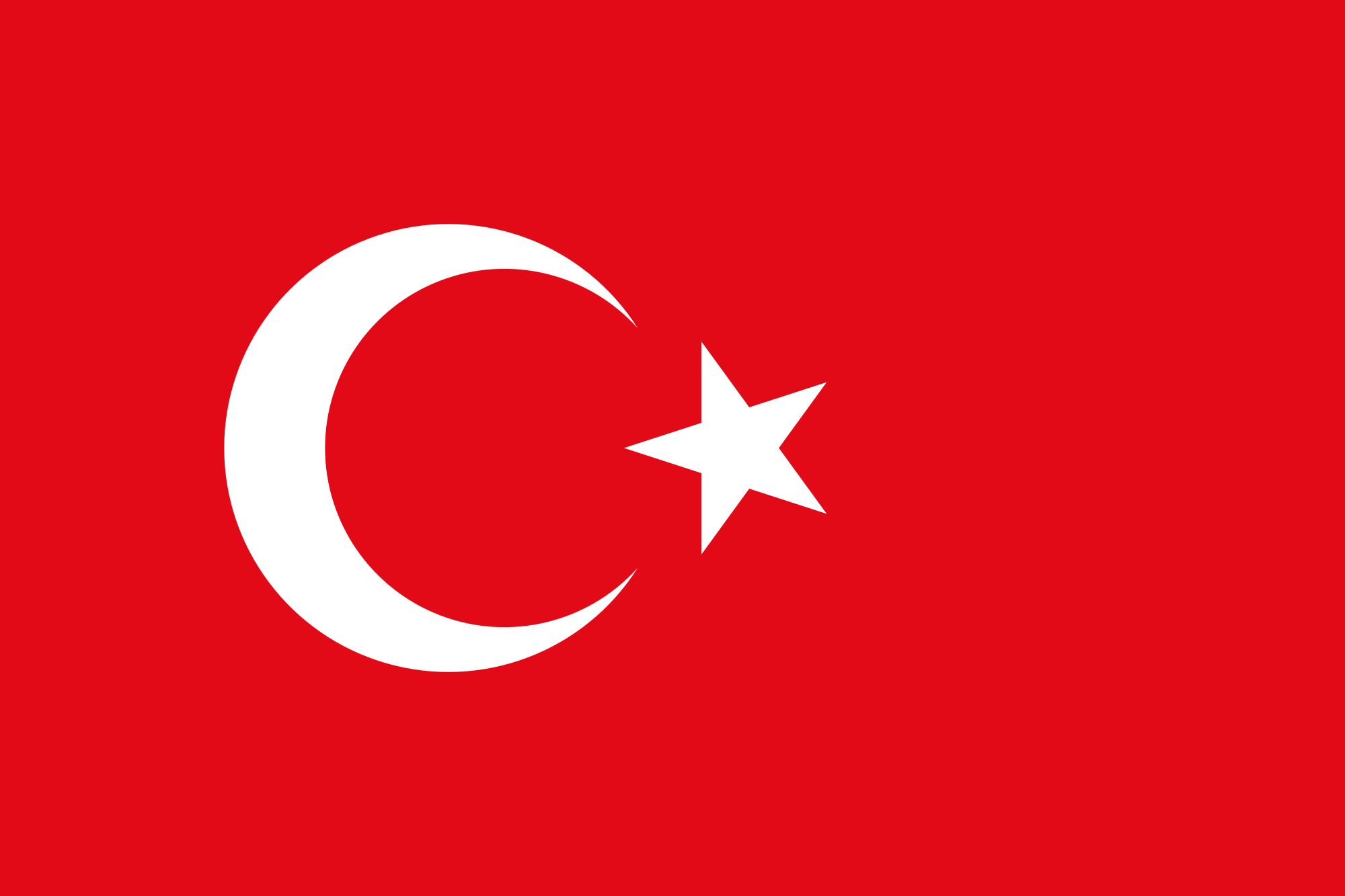
.svg.png)


